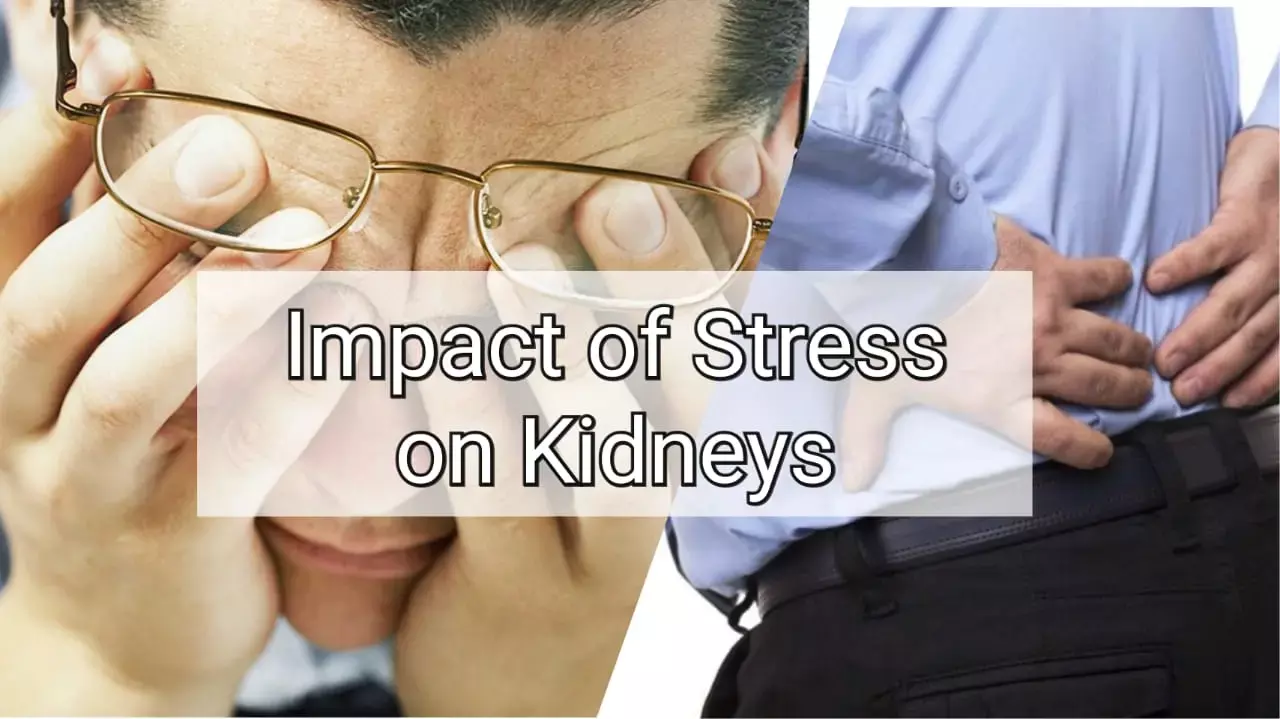- Home
- Medical news & Guidelines
- Anesthesiology
- Cardiology and CTVS
- Critical Care
- Dentistry
- Dermatology
- Diabetes and Endocrinology
- ENT
- Gastroenterology
- Medicine
- Nephrology
- Neurology
- Obstretics-Gynaecology
- Oncology
- Ophthalmology
- Orthopaedics
- Pediatrics-Neonatology
- Psychiatry
- Pulmonology
- Radiology
- Surgery
- Urology
- Laboratory Medicine
- Diet
- Nursing
- Paramedical
- Physiotherapy
- Health news
- Fact Check
- Bone Health Fact Check
- Brain Health Fact Check
- Cancer Related Fact Check
- Child Care Fact Check
- Dental and oral health fact check
- Diabetes and metabolic health fact check
- Diet and Nutrition Fact Check
- Eye and ENT Care Fact Check
- Fitness fact check
- Gut health fact check
- Heart health fact check
- Kidney health fact check
- Medical education fact check
- Men's health fact check
- Respiratory fact check
- Skin and hair care fact check
- Vaccine and Immunization fact check
- Women's health fact check
- AYUSH
- State News
- Andaman and Nicobar Islands
- Andhra Pradesh
- Arunachal Pradesh
- Assam
- Bihar
- Chandigarh
- Chattisgarh
- Dadra and Nagar Haveli
- Daman and Diu
- Delhi
- Goa
- Gujarat
- Haryana
- Himachal Pradesh
- Jammu & Kashmir
- Jharkhand
- Karnataka
- Kerala
- Ladakh
- Lakshadweep
- Madhya Pradesh
- Maharashtra
- Manipur
- Meghalaya
- Mizoram
- Nagaland
- Odisha
- Puducherry
- Punjab
- Rajasthan
- Sikkim
- Tamil Nadu
- Telangana
- Tripura
- Uttar Pradesh
- Uttrakhand
- West Bengal
- Medical Education
- Industry
Stress-Related Disorder Increases the risk of AKI and Progression of CKD

Stress-related disorders (SRDs) may compromise various physiological systems, increasing susceptibility to disease and death, particularly among people who develop psychiatric disorders as a result of their stress. Researchers have recently reported that the diagnosis of SRDs is associated with subsequent risk of AKI and Chronic kidney disease (CKD) progression. The research has been published in the Kidney International Reports on January 13, 2021.
Previous studies suggest that exposure to SRDs has been associated with the subsequent risk of cardiovascular disease (CVD), autoimmune diseases (such as antineutrophil cytoplasmic antibodies (ANCA) vasculitis and systematic lupus erythematosus) and infections. Both CVD and autoimmune diseases are also established risk factors for kidney function decline. Dr Guobin Su, MD, PhD and team hypothesized that SDRs may primarily increase the risk of chronic kidney disease (CKD) progression. They conducted a secondary analysis, to explore the association between stress-related disorders and acute kidney injury (AKI).
The study was based on the Stockholm CREAtinine Measurements [SCREAM] project, a population-matched cohort study in Sweden that included 30,998 patients receiving an SRDs diagnosis and 116,677 unexposed patients matched by age, sex and estimated glomerular filtration rates (eGFR). The major outcome assessed was CKD progression. They also assessed for incidence of AKI as a secondary outcome. They used Cox models for statistical analysis.
Key findings of the study were:
• During a medium follow-up of 3.2 years, they found, compared to the unexposed, patients with SRDs were at increased risk of CKD progression (HR 1.23) and AKI (HR 1.22).
• They noted that the AKI risk was highest during the first year of follow up, but CKD risk persisted throughout the entire follow-up period.
• They also noted that the results were consistent in stratified analyses, when only considering AKI-hospitalizations/death and when disregarding eGFR measurements close to the index date.
The authors concluded, "A diagnosis of SRDs is associated with subsequent risk of AKI and CKD progression. While studies should confirm this observation and characterize underlying mechanisms, close monitoring of kidney function following SRDs diagnosis may be indicated."
For further information:
https://www.kireports.org/article/S2468-0249(20)31866-0/fulltext
Dr Kartikeya Kohli is an Internal Medicine Consultant at Sitaram Bhartia Hospital in Delhi with super speciality training in Nephrology. He has worked with various eminent hospitals like Indraprastha Apollo Hospital, Sir Gangaram Hospital. He holds an MBBS from Kasturba Medical College Manipal, DNB Internal Medicine, Post Graduate Diploma in Clinical Research and Business Development, Fellow DNB Nephrology, MRCP and ECFMG Certification. He has been closely associated with India Medical Association South Delhi Branch and Delhi Medical Association and has been organising continuing medical education programs on their behalf from time to time. Further he has been contributing medical articles for their newsletters as well. He is also associated with electronic media and TV for conduction and presentation of health programs. He has been associated with Medical Dialogues for last 3 years and contributing articles on regular basis.
Dr Kamal Kant Kohli-MBBS, DTCD- a chest specialist with more than 30 years of practice and a flair for writing clinical articles, Dr Kamal Kant Kohli joined Medical Dialogues as a Chief Editor of Medical News. Besides writing articles, as an editor, he proofreads and verifies all the medical content published on Medical Dialogues including those coming from journals, studies,medical conferences,guidelines etc. Email: drkohli@medicaldialogues.in. Contact no. 011-43720751


